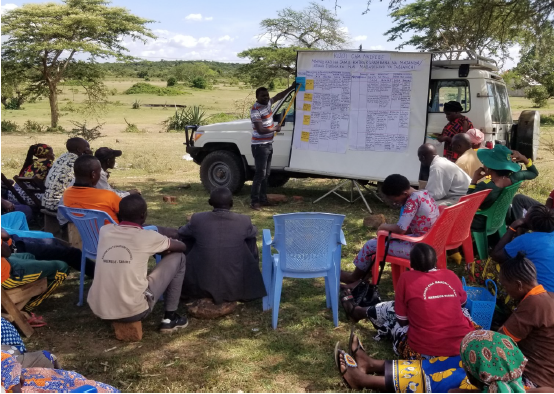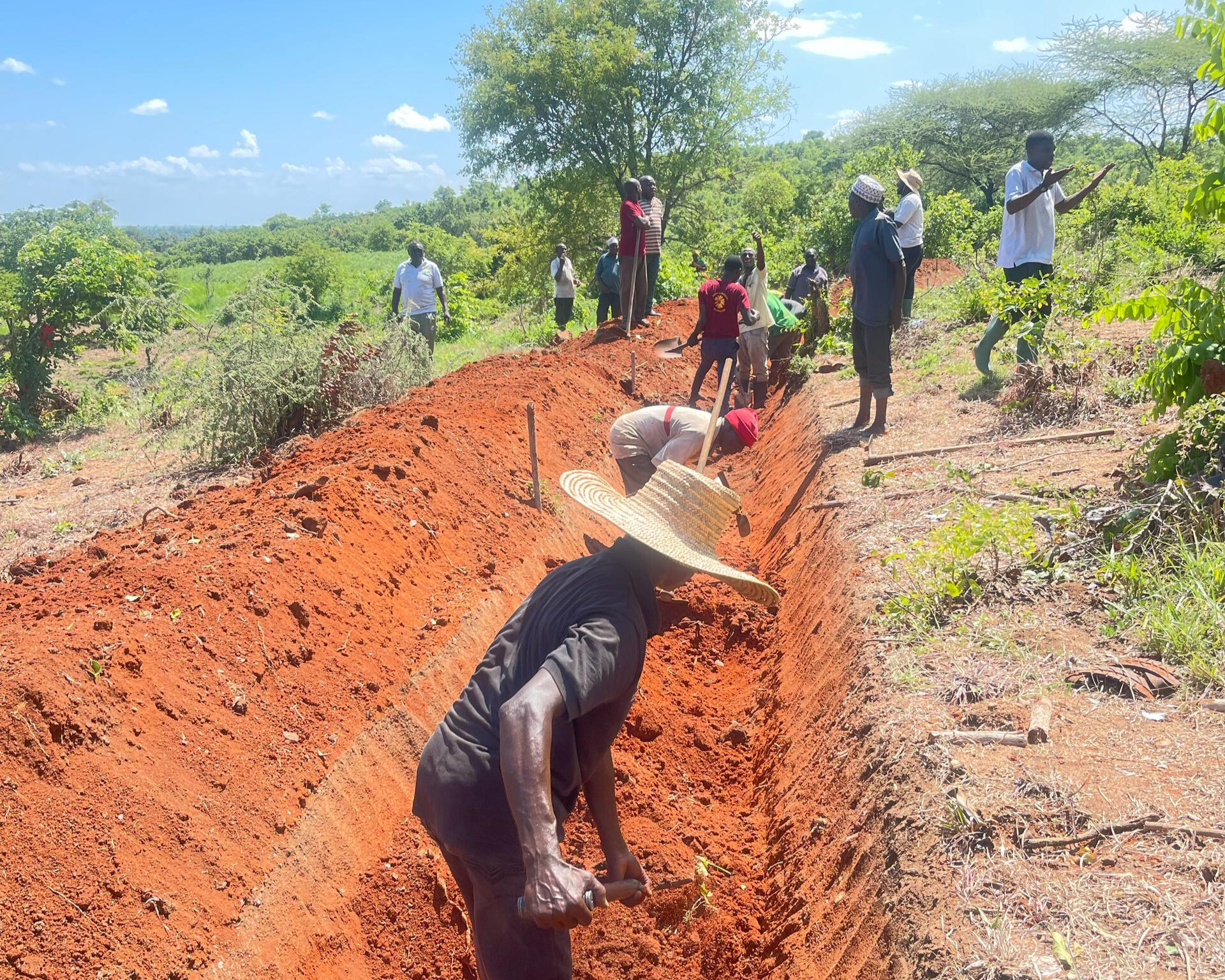CALL FOR APPLICATIONS: 7TH WORKSHOP FOR PARTICIPATORY RESEARCH DESIGN (WPRD) 2020 - 2021

Sustainable Agriculture Tanzania (SAT) is inviting undergraduate (only final year) and postgraduate students from Sokoine University of Agriculture to the 7th Workshop for Participatory Research Design (WPRD) which will be held on 12th December 2020 at the ISWILO Complex Hall located at Kihonda Manyuki from 08:00am – 6.00pm. WPRD is part of the Farmer Centered Research Program (FCRP) which provides solutions for small scale farmers who are practicing agro-ecological farming methods. The FCRP decentralizes the research process and puts the farmers at the center where they can express their key issues. With addressing these issues students start collaborations with farmers for designing and conducting participatory research. Interested students who want to attend the WPRD, are required to fill the online application form for registration. Only registered students can attend the workshop.

The research clusters for 2020/21 are:
- Pests and diseases:
- Livestock diseases
- Cattle foot and mouth disease
- Cattle Listeriosis
- Crop diseases
- Concentration of biopesticides (neem powder) on controlling FAW
- Cinnamon leave wilting disease
- Development of yellowish color on turmeric leaves
- Pasture management
- Pastoralists want to know practices towards improving dry forage productivity
- Soil ecology
- Improvement of soil fertility as a potential control measure for spikes shedding and stem wilting of pepper
- Post-harvest management
- Post-harvesting of maize
- Post-harvesting of black pepper

The WPRD provide a platform where researchers, research supervisors, organic farmers and pastoralists work together and focus on existing problems related to land management, marketing, organic crop and livestock production. The output of the WPRD will be questions identified by farmers, pastoralists and students, which can later be answered through action research (special projects – Bachelor theses).
All registered students can attend the 1st part of the WPRD (8:00am till 12:30pm) which will include:
- Introduction to Agroecology
- Introduction to Participatory Research
- Research Presentation from FCRP 2019/2020
- Podium Discussion with Farmers & Pastoralists

Afterwards SAT will announce 60 students who will be selected according to their submitted applications. Those students are invited to attend the 2nd part of WPRD (01:30pm till 6.00pm) which will include:
- Defining Research Questions & Design (Group-work together with farmers and lecturers)
- Presenting Research Questions & Design
The students who will attend the 2nd part of the WPRD will be afterwards invited to submit a concept note. This concept note will be a suggested special project (Bachelor thesis), which must be in line with a WPRD cluster outcome. The selected bachelor students will receive research grants of TZS 1,100,000/= to conduct research in collaboration with farmers. And the selected postgraduate students will receive a grant of TZS 3,300,000/=.
The deadline for receiving applications is 10th December 2020. All applications must be filled online. Transport to and from the venue will be available from the respective campuses (Mazimbu and Main campus) at 7:30AM






